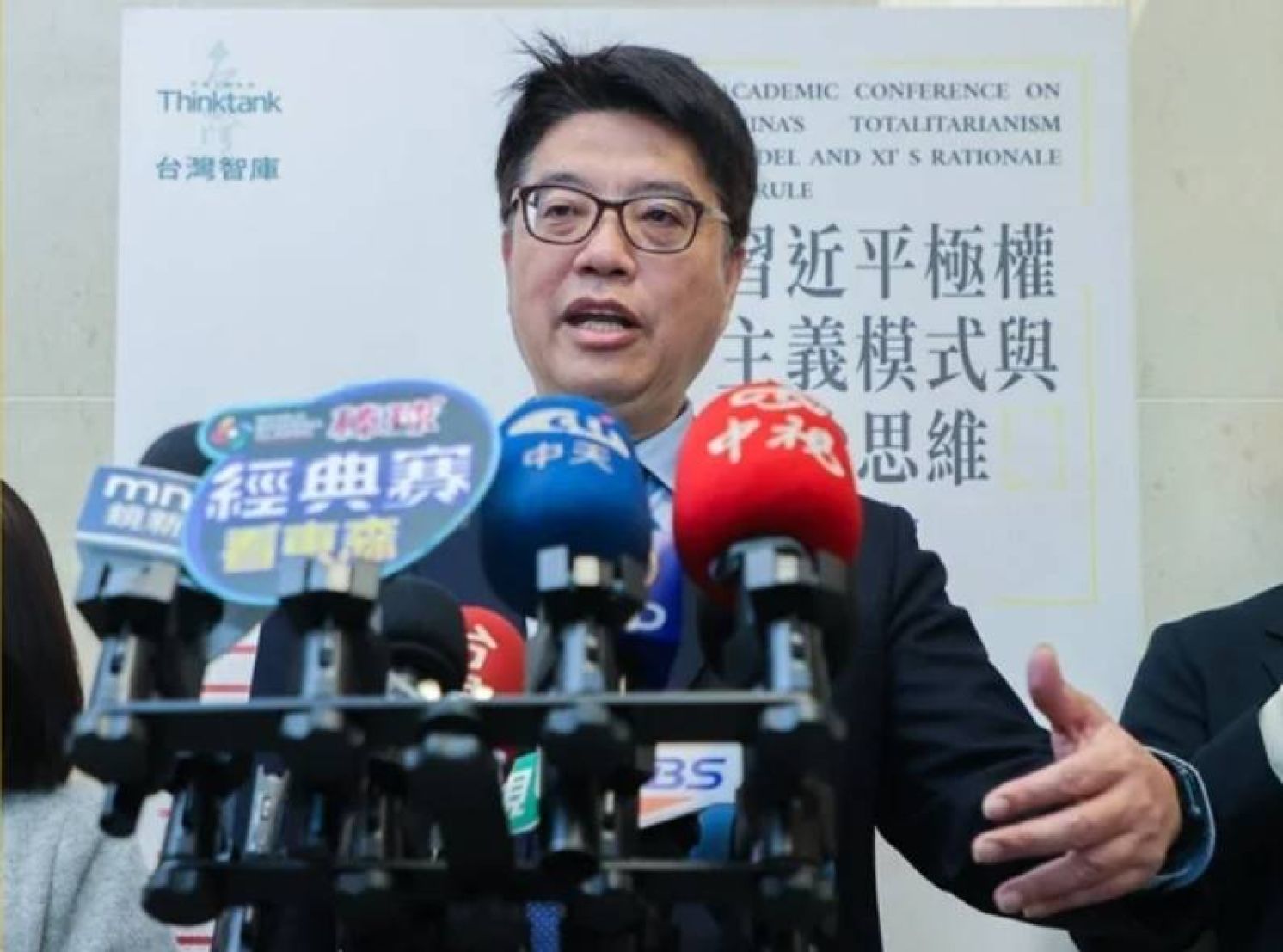
Party-State System Takes Shape Under Anti-China Guise
China Times Editorial, March 12, 2025
The Democratic Progressive Party (DPP) administration has expanded its investigation into civil servants holding mainland Chinese documents, now requiring all personnel in military, civil service, education institutions, state-owned enterprises, and government-affiliated foundations—including non-civil service employees—to sign affidavits within a set deadline. Recently, the National Immigration Agency also revoked the residency permit of a mainland Chinese spouse, citing her advocacy for military reunification.
The investigation into mainland-issued documents has naturally sparked backlash among grassroots civil servants for several reasons. First, the large-scale demand for civil servants and non-civil service employees to submit declarations from the bottom up aims to preemptively absolve senior officials of political responsibility. Second, the maneuver re-establishes authority with the notion of “no biting the hand that feeds you,” implying that everyone who relies on public funds owes his livelihood to the ruling party’s generosity. Finally, it expands the anti-China and counter-China narrative, reminiscent of Taiwan’s authoritarian era, where any actions linked to the mainland could be seen as collusion with the enemy or betrayal.
The most defining characteristic of the DPP’s transformation into a party-state is its preference for rule by man rather than rule of law, and political loyalty over legal governance. For example, when explaining the investigation into mainland residence permits, the Mainland Affairs Council (MAC) declared, "Residence permits are a United Front tactic. Even if the law does not prohibit them, civil servants still cannot apply for them." This statement reflects pure party-state logic.
As some scholars have predicted, the next step might be investigating or even banning civil servants from holding Taiwan Compatriot Permits (Taiwan Resident Permits for travel to China). Given the current stance of the DPP and its supporters, banning civil servants from holding Taiwan Compatriot Permits is not an unrealistic scenario. Since the DPP’s return to power in 2016, government restrictions on civil servants traveling to mainland China, Hong Kong, and Macau have grown increasingly strict. Especially after the 2024 elections created a new political landscape, the DPP has intensified political maneuvers to demand that elected representatives comply with the same reporting guidelines.
As Lai’s presidency quietly approaches its one-year mark, his administration has been plagued by chaotic policy controversies. It seems people have almost forgotten the once widely discussed label of "pragmatic worker for Taiwan independence."
The slide into authoritarianism is a slow-boiling process. The DPP administration simultaneously pushes anti-China policies while abusing its authority, justifying its overreach under the pretext of national security. The chilling effect will not be limited to those involved in cross-strait exchanges—it may soon reach every single citizen in Taiwan.
From: https://www.chinatimes.com/opinion/20250312004135-262101?chdtv
〈Back to Taiwan Weekly Newsletter〉